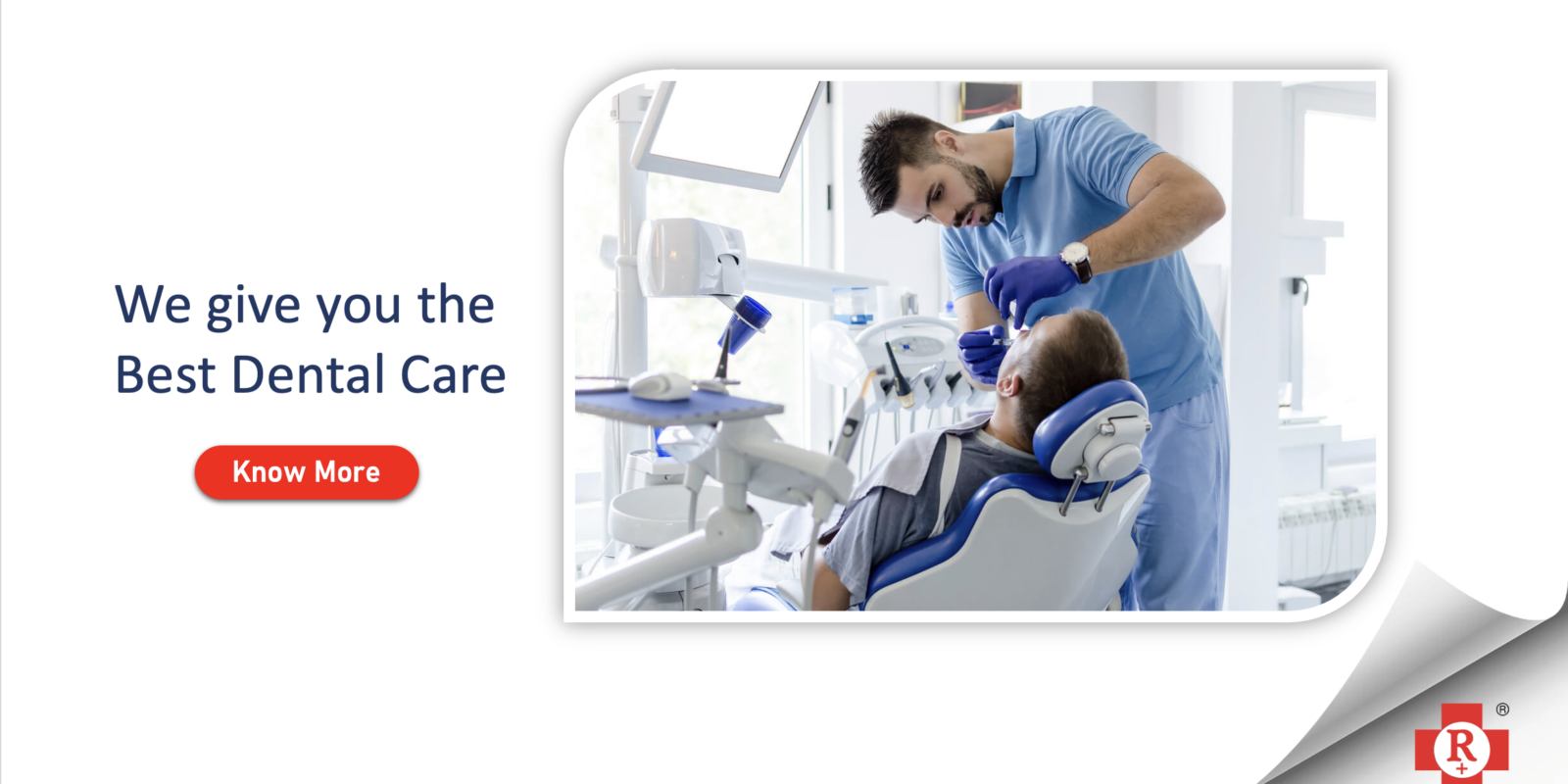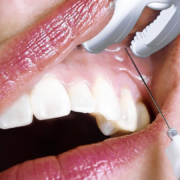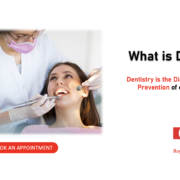We all want a healthy smile, but it’s not always easy to achieve that goal. Maintaining good oral health is challenging for many people, and these challenges are made even harder by the fact that most people don’t have access to affordable dental care. However, that shouldn’t stand in your way. With a little determination and the right information, you can achieve optimal oral health with relative ease. Read on to learn more about maintaining excellent oral hygiene so that you can keep your smile healthy and beautiful for the long term.
What is oral health?
Oral health refers to all aspects of your teeth, gums, and mouth. In other words, it’s about so much more than just your teeth. Maintaining good oral health is critical for a number of reasons. First of all, good oral health can lead to a longer life. Poor oral health is one of the leading causes of premature death, as people with poor oral hygiene are at a higher risk of contracting deadly diseases such as heart disease and diabetes.
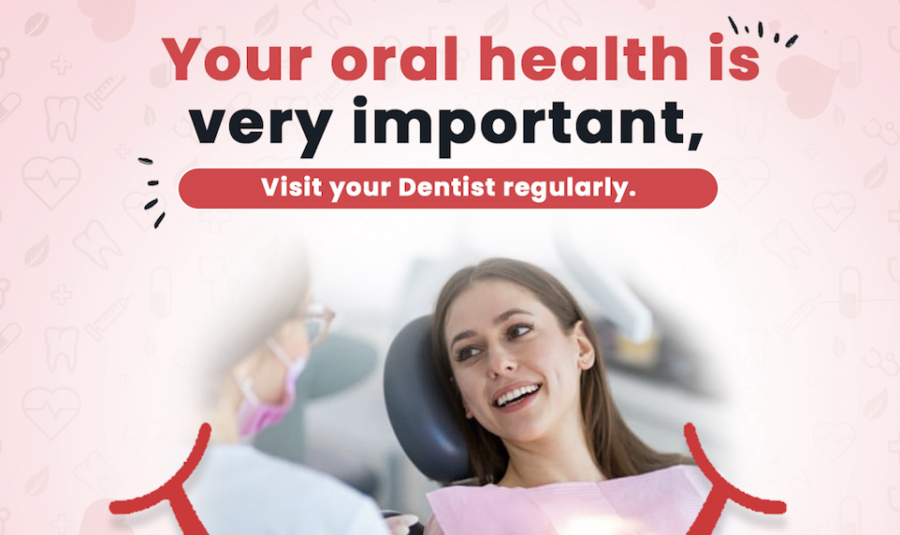
Good oral health can also improve your quality of life by making it easier to eat and speak. An unhealthy mouth can also have a significant impact on your self-confidence. After all, who wants to be self-conscious about their smile? Maintaining good oral hygiene can help you to avoid all of these issues. It can also help you to get the most out of dental treatments like dental implants, crowns, or root canals.
How to achieve healthy oral hygiene
Brushing and Flossing – The most important thing you can do for your oral health is to brush and floss your teeth regularly. This can help you to get rid of plaque, which is a sticky bacterial substance that collects on teeth. Brushing your teeth helps to remove plaque, but it can’t remove plaque from hard-to-reach areas in between teeth. To deal with this, you should also use dental floss. Flossing is a daily habit that helps to remove plaque and food particles that brushing alone can’t reach. If you don’t floss every day, you can still improve your oral health, but it won’t be as effective. You should also ensure that you’re using the right technique when you floss.
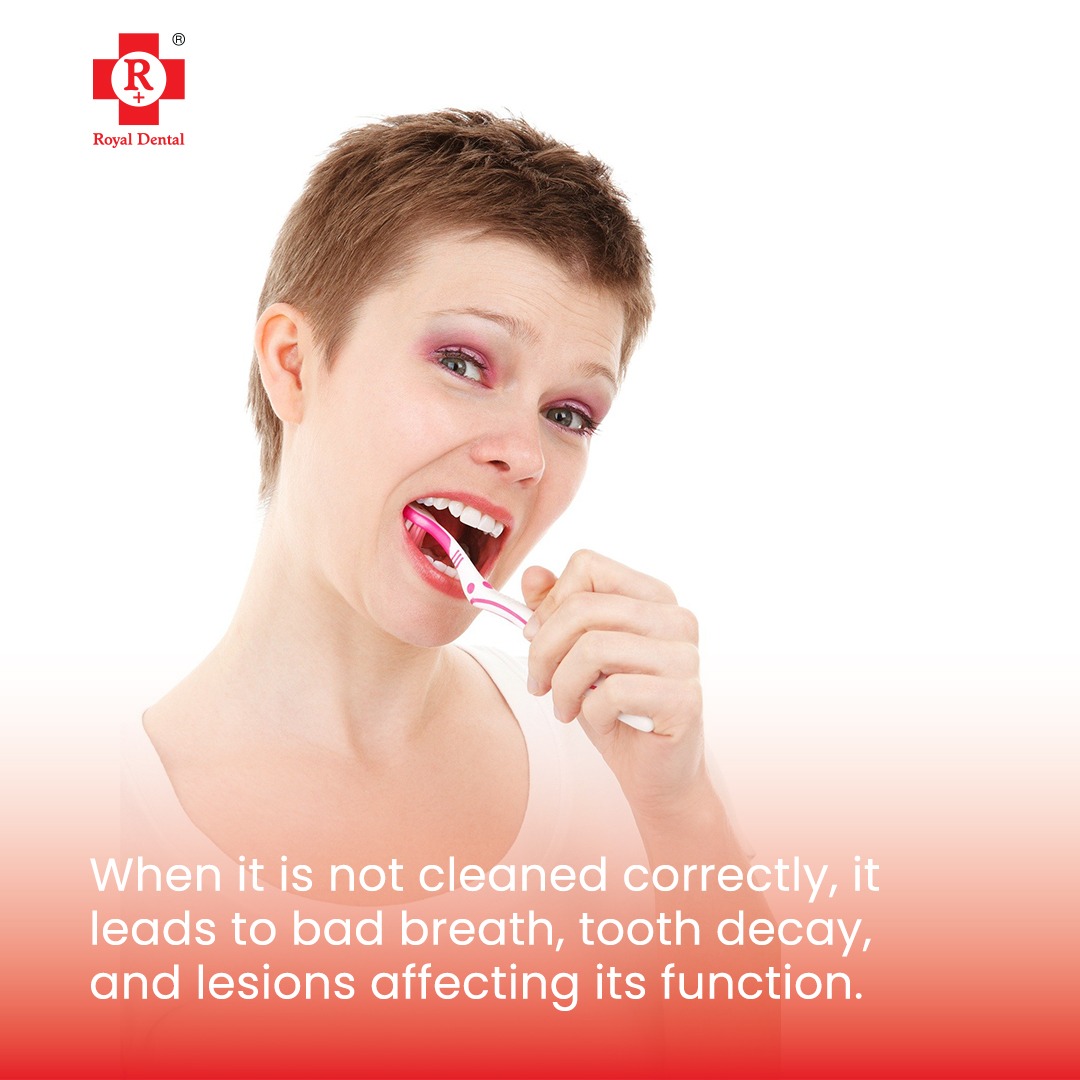
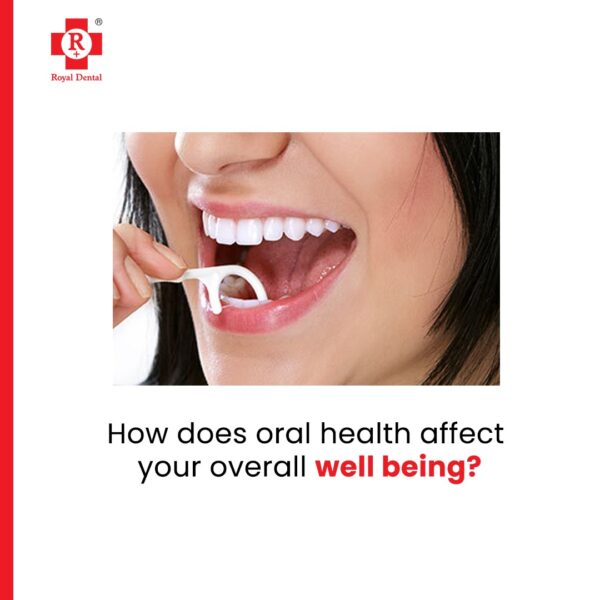
Avoiding Certain Food Items – Some food items can be harmful to teeth, which is why you should avoid them. These foods include soda, sugary snacks, and pretzels. These foods can contribute to tooth decay (also known as cavities) by creating an acidic environment in your mouth that is conducive to plaque. This can cause damage to your teeth and gums if left untreated.
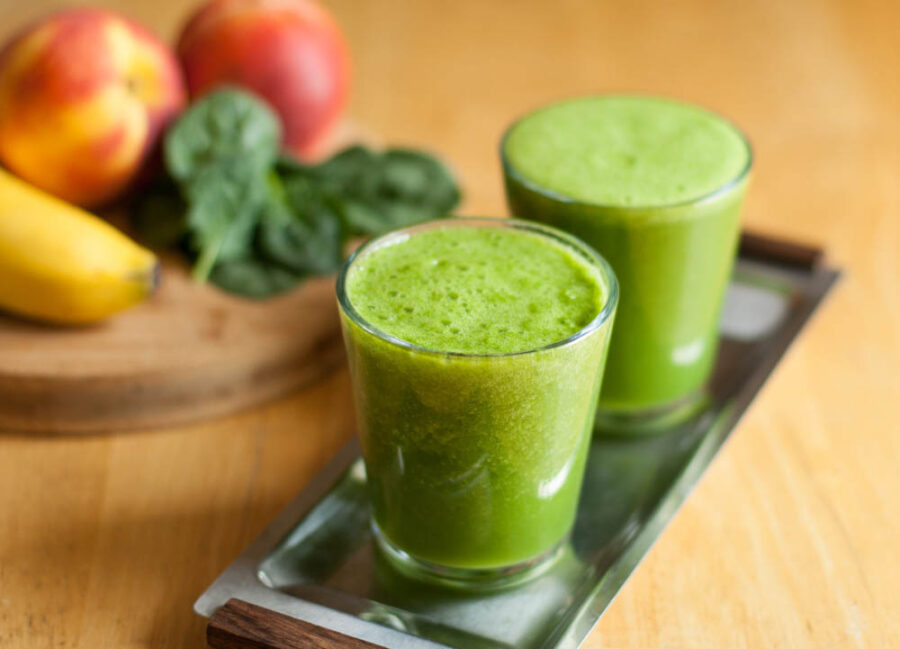
Scheduling Regular Dental Appointments – Regular dental appointments are an important part of a healthy oral hygiene routine. There are a number of reasons for this. First of all, regular dental appointments allow a dentist to examine your teeth and determine whether you have any issues that need to be addressed. This includes problems that might not be visible to the naked eye, such as cavities and gum disease.
Monthly habit changes for better oral health.
Using mouthwash – If you use mouthwash regularly, you can improve the health of your mouth. This is because mouthwash has anti-bacterial properties that can help to get rid of plaque. That being said, you should ensure that you’re using the right mouthwash. After all, not all mouthwash is created equal. You should look for a mouthwash that contains fluoride, is alcohol-free, and has a low pH level.
Switching to a softer toothbrush – While you should always use a soft-bristled toothbrush, many people actually use very hard-bristled toothbrushes. If you use a hard-bristled toothbrush, it can irritate your gums and make it more likely for you to develop bleeding gums.
Changing your toothbrush regularly – While you should definitely use a soft-bristled toothbrush, you also need to change it regularly. Most dentists recommend changing your toothbrush every three months.
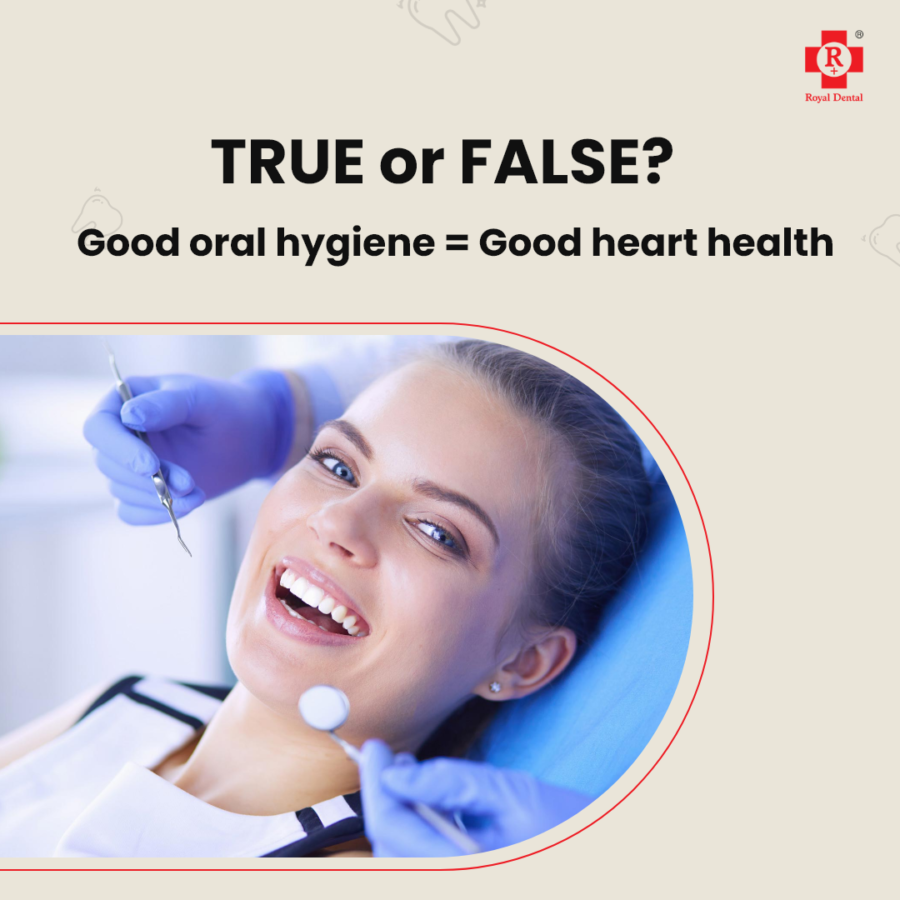
Avoiding the use of mouth-tightening products – While mouth-tightening products might seem like a good idea, they can actually be harmful to your teeth. These products can be abrasive, which can make it easier to damage your gums. This can lead to bleeding gums, which can be painful.
Yearly ritual changes for better oral health
Checking/flossing your teeth regularly – Once a year you should also check your teeth and gums for any issues. If you have dental insurance, you can use that to visit a dentist and get your teeth checked. Alternatively, you can also do this at home by using a dental mirror. That being said, you should be careful not to disturb any existing issues. –
Changing your diet – While there are a number of specific foods that can contribute to the health of your teeth (see above), it’s also important to maintain a healthy diet in general. That being said, changing your diet won’t happen overnight. It’s best to make small changes that you can build on for the long term.
Brushing/flossing more often – It’s important to maintain your oral hygiene routine even during the winter months when colds and flu are more common. That being said, it can be more difficult to keep your teeth clean during the winter because you’re more likely to catch a cold or the flu. It can also be harder to find the motivation to brush your teeth when the weather is cold.
Conclusion
When it comes to oral health, it’s important to remember that there is no such thing as too much brushing or flossing. While it’s certainly possible to over-brush and damage your gums, you should strive to brush and floss as often as possible. With the right oral hygiene routine, you can enjoy a healthy smile all year round.
Follow Us For More Updates
